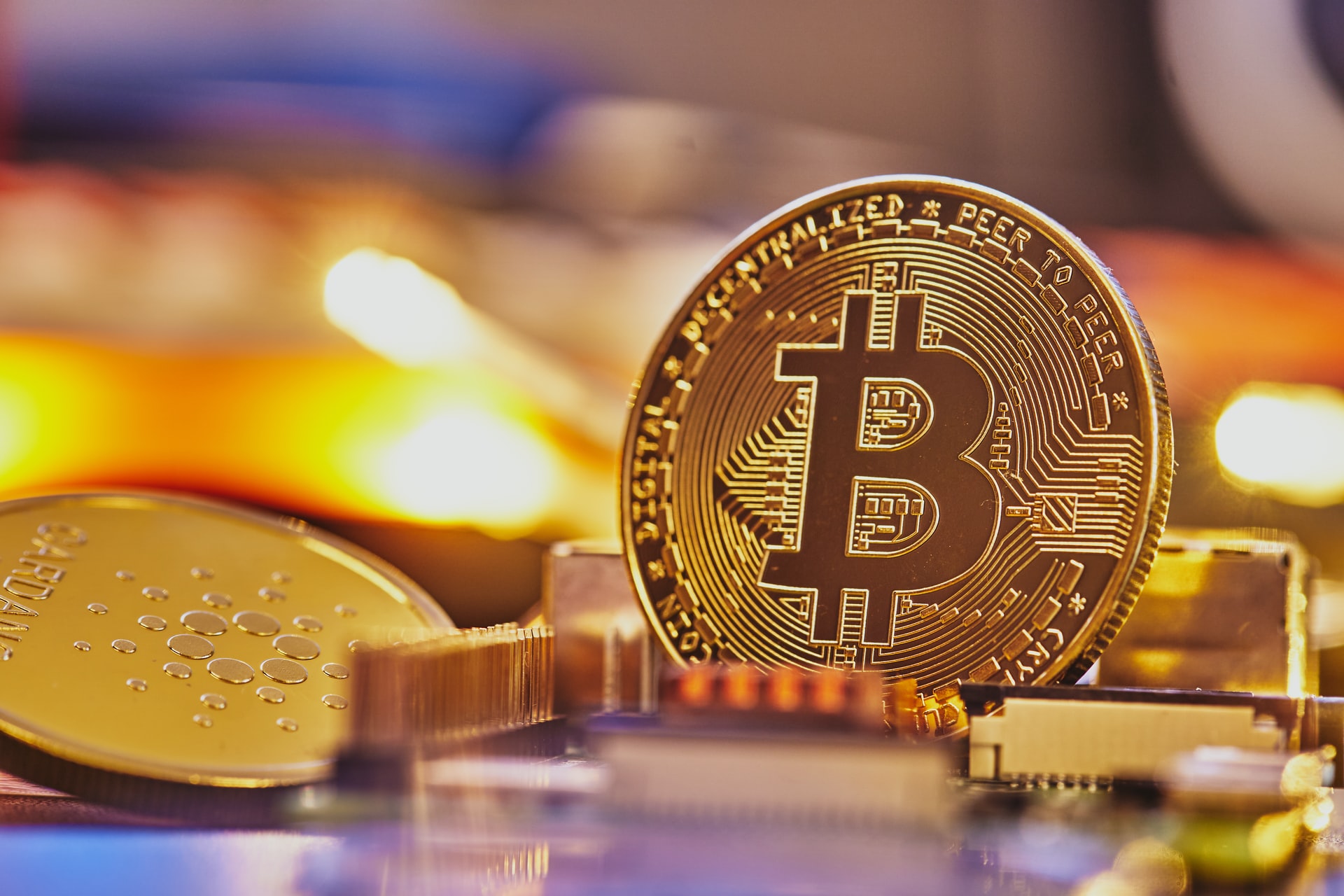Technology is constantly evolving, as is society in general. The two of them together have a symbiotic relationship with finances, and therefore finance has to adapt with them. There has been a significant leap in tech advancements and societal advancements over the past few years, so we’re looking at the tech that has made the biggest impact on finance, including alternative payment methods, cryptocurrencies and NFTs.
They’ve already had an impact on society, but there is more they can do. If you’re interested in NFTs you can find out more about them here at Bybit Learn (https://learn.bybit.com/nft/). But for some basics on why NFTs, cryptocurrency and alternative payment methods are changing the retail landscape, read on.
Alternative payment methods
Alternative payment methods encompass just about any payment method that doesn’t take physical money or physical interaction from a credit or debit card. That means that e-wallets like PayPal, cryptocurrencies like Bitcoin and contactless payment methods all come under the umbrella term of alternative payment methods.
Alternative payment methods have really taken off in the past few years for a variety of societal reasons. The most obvious one is the rise of the contactless payment method due to the rise of the Coronavirus. As Covid forced everyone behind masks and into using hand sanitizer after every interaction, we suddenly saw quite a good reason to avoid the hand to hand passing of notes and coins. That, added to the convenience and again, hygiene matters, of not putting your card into a reader and pressing a bunch of buttons that had touched countless fingers, meant that overnight just about every physical retail space started offering, or even demanding, a contactless payment method.
The second thing that greatly influenced the rise of alternative payment methods, was the low-level hatred of online banking systems – or rather the alternative payment systems relative convenience. Online banking hasn’t been well received in America, possibly due to the fiddly and unfriendly nature of them. You would need to ask for banking details, enter the app through what feels like mountains of red tape, and make a transaction, which all felt like a lot of work when compared to e-wallets like PayPal and Venmo offering the opportunity to make a transaction with only a phone number, email address or username. A lot of up-and-coming influencers and small businesses started using Venmo, telling the world their username so that anyone could donate as they wished.
Whether or not you like the idea of a cashless society, thanks to alternative payment methods, we’re halfway there. The use of cash has gone down, as has the printing of receipts, saving trees in an age of eco-conscious consumers. Physical theft of money is going down with the use of physical money, and with the extra security on e-wallets and contactless cards, petty cybercrime has also gone down.
Cryptocurrency
Depending on who you speak to, cryptocurrency is either the way of the future, a controversial idea, or doomed to crash soon.
Or there are those that see merit with some work. Cryptocurrency, as yet, doesn’t have a lot of practical applications. You can’t go to the corner shop and buy a pint of milk with it, but you can buy a Tesla, a first class flight or a deposit for online gambling.
The iGaming industry has embraced the concept of cryptocurrency, gathering some pleased fans along the way. The players on these sites enjoy deposits instantly put through due to the lack of red tape around crypto transactions, and their winnings delivered in less than an hour on the other end.
If convenience is the name of the game for just about every fintech advancement, cryptocurrency has it in spades.
The technology that is the basis for cryptocurrency, the blockchain, is particularly interesting to even financiers outside the crypto community, due to its superior security. Transactions are instantly recorded in the blockchain, which means retailers will be able to settle disputes much easier with an automatic paper trail, and the end-to-end encryption means that no one else can get a hold of the money in transition.
NFTs
NFTs are getting a lot of buzz at the moment, but the selling of digital art monkeys for millions of dollars has overshadowed the real potential of NFTs.
An NFT, or a non-fungible token, is essentially a digital receipt. A means of validating that your thing is the original. Thus far it has only applied to digital art, music, etc. but the physical world can get great use out of NFTs too.
The collectibles industry, in particular, can greatly benefit from some means of identifying something as an original. Imagine the difference NFTs can make to baseball or Pokémon cards, Beanie Babies, comic books, vinyl records, coins, stamps, etc.
NFTs are simply a digital marker which can be applied to digital assets or physical asset, with the added benefit of not affecting the physical asset itself. If we were to compare it to previous workings of the art industry, Leonardo da Vinci’s name is painted in the corner of the Mona Lisa to determine that it was in fact him who painted it, and that it is an original. But we’re in a new world now, where signatures can be faked, and all the signature serves to do is leave a distraction, some might say even a scar on the most famous painting in the world.



 Bitcoin
Bitcoin  Ethereum
Ethereum  Tether
Tether  XRP
XRP  Solana
Solana  USDC
USDC  TRON
TRON  Lido Staked Ether
Lido Staked Ether  Cardano
Cardano  Avalanche
Avalanche  Toncoin
Toncoin